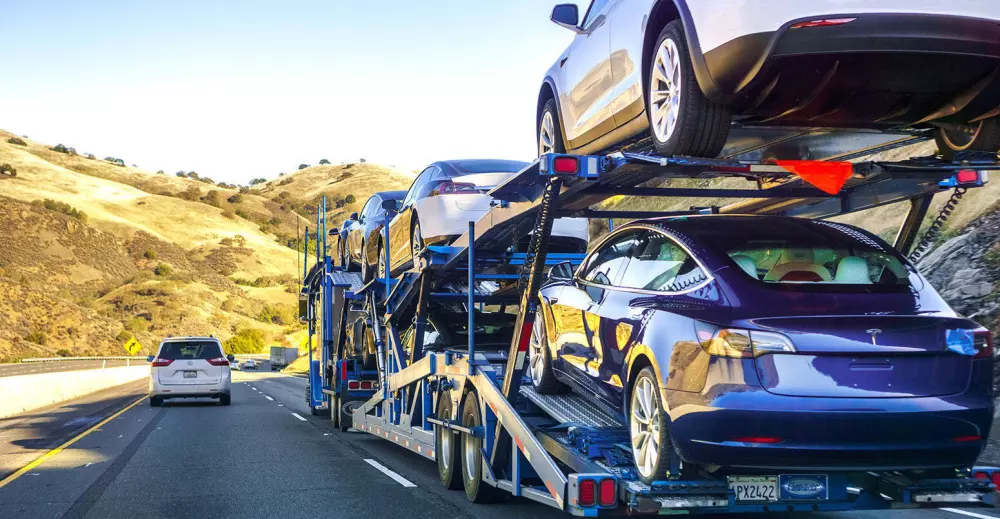How does Car Transportation work in future?
Car transportation is evolving rapidly, driven by technological advancements, environmental concerns, and changing consumer preferences. As we look ahead, several key trends and innovations are shaping the future of how we transport vehicles.
Electric and Autonomous Vehicles:
Electric cars are becoming increasingly popular due to their environmental benefits. Additionally, autonomous vehicles are on the horizon, promising safer and more efficient car transportation. The combination of these technologies has the potential to reshape the entire industry, reducing the need for human drivers and decreasing carbon emissions.
Smart Infrastructure:
The development of smart infrastructure and connected roadways is poised to revolutionize car transportation. These innovations can enhance traffic management, reduce congestion, and improve the overall efficiency of vehicle movement.
Sustainable Shipping:
Sustainability is a growing concern in the car transportation industry. Many companies are adopting eco-friendly practices, such as using electric and hybrid trucks, to reduce their carbon footprint. The future may see even more sustainable shipping methods, such as renewable energy-powered transport.
Blockchain and Transparency:
Blockchain technology has the potential to improve transparency and security in car shipping. It can provide a tamper-proof record of a vehicle's history, ownership, and maintenance, reducing the risk of fraud and ensuring trust between buyers and sellers.
Digital Platforms:
Online platforms like yours are playing a pivotal role in the future of car transportation. They provide a central hub for customers to access information, read reviews, obtain quotes, and book car shipping services conveniently. The digitalization of the industry streamlines the process and enhances customer experiences.
Alternative Fuel Sources:
As concerns about fossil fuels and emissions persist, there's a growing interest in alternative fuel sources for transporting vehicles. Hydrogen fuel cells, for example, have the potential to provide a cleaner energy option for long-haul car transport.
3D Printing:
3D printing technology is being explored to create lighter and more efficient car components. This can lead to reduced vehicle weight, improved fuel efficiency, and lower transportation costs.
Urban Mobility Solutions:
In densely populated urban areas, car transportation is being reimagined. Shared mobility services, electric scooters, and compact electric vehicles are becoming more common, offering alternative solutions to traditional car ownership.
Environmental Regulations:
Stricter environmental regulations are driving car manufacturers and shipping companies to adopt greener practices. This includes reducing emissions and improving fuel efficiency.
Consumer Experience:
The future of car transportation is increasingly focused on improving the consumer experience. From seamless booking processes to real-time tracking and personalized services, companies are striving to make car shipping more customer-centric.
In summary, the future of car transportation is marked by innovation, sustainability, and efficiency. As technology continues to advance and environmental concerns grow, the industry is poised for transformation. Embracing these changes will not only benefit businesses but also contribute to a more sustainable and convenient future for all involved in car transportation.
















